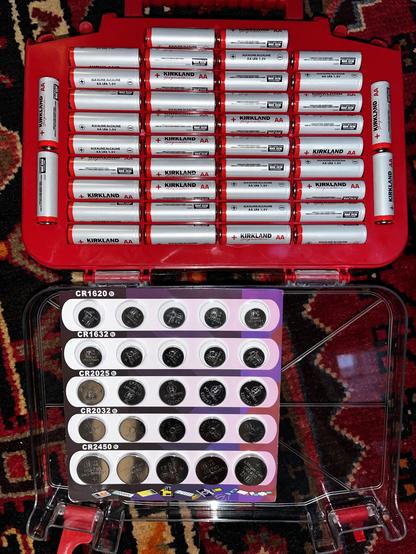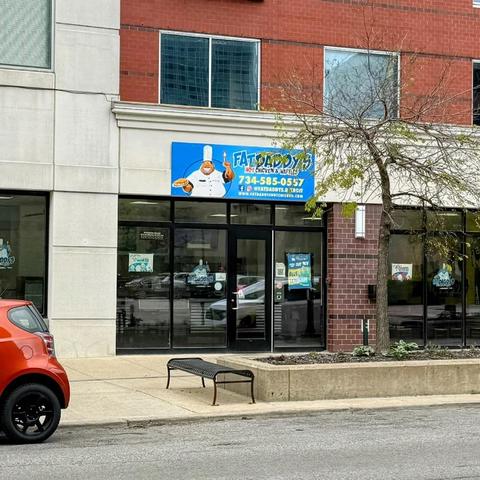2025-10-28 08:50:42
2025-12-26 23:25:43
Like all the rest of the nerds, I did a bit of tech support on family computers.
They're all popping up windows from scam virus scanners lying that subscriptions need to be renewed or machines are unprotected. People don't know how to remove these things. Luckily they also don't really know how to pay the subscription.
Their phones are updating on them. Changing where buttons used to be. Removing options. Forcing people to register to use they things they have been doing for years.
They don't know how to register.
Things pop up asking for passwords and they have no idea who is asking or which password to use.
I tell them that I don't really understand why they keep using Windows now it is so shitty and awful. They say they don't know how to use anything else. The fact they don't really know how to use windows either doesn't seem to register.
The tech corporations have given up completely on being user friendly. They are all deliberately user hostile and exploitative now.
Corporate tech is terrible. The industry is failing it's users, abusing them. People don't even know there is any other way. They are just giving up on achieving their tasks until someone can fix the pop-ups and subscription boxes and passwords and 2fa for them.
Tech sucks now. Sucks hard.
#tech #christmasTechSupport
2025-12-26 22:21:12
i gave my son-in-law a battery daddy (fully populated), a scrub daddy set, and a gift certificate to fat daddy
#BatteryDaddy #ScrubDaddy #FatDaddy
 @axbom@axbom.me
@axbom@axbom.me2025-12-27 15:40:22
2025-10-27 23:59:52
How does this Roman torso get identified as #Apollo? Just look at his glutes!
#BumDayMonday
2025-12-28 16:45:11
Zum Abend noch einige der heute besonders häufig geteilten #News:
39C3: Am „Di.Day” weg von Tech-Monopolen aus den USA und China
2025-12-27 01:20:53
2025-12-27 11:41:16
Sources: Peter Thiel and Larry Page may leave CA over a proposed ballot measure, opposed by Newsom, that levies a one-time 5% tax on those with $1B in assets (New York Times)
https://www.nytimes.com/2025/12/26/tec…
2025-10-28 06:49:54
2025-10-28 07:38:59
Thank goodness both Barack Obama and Joe Biden abolished ICE or there’s no knowing what state the US would be in right now.
#democrats #republicans #USA






